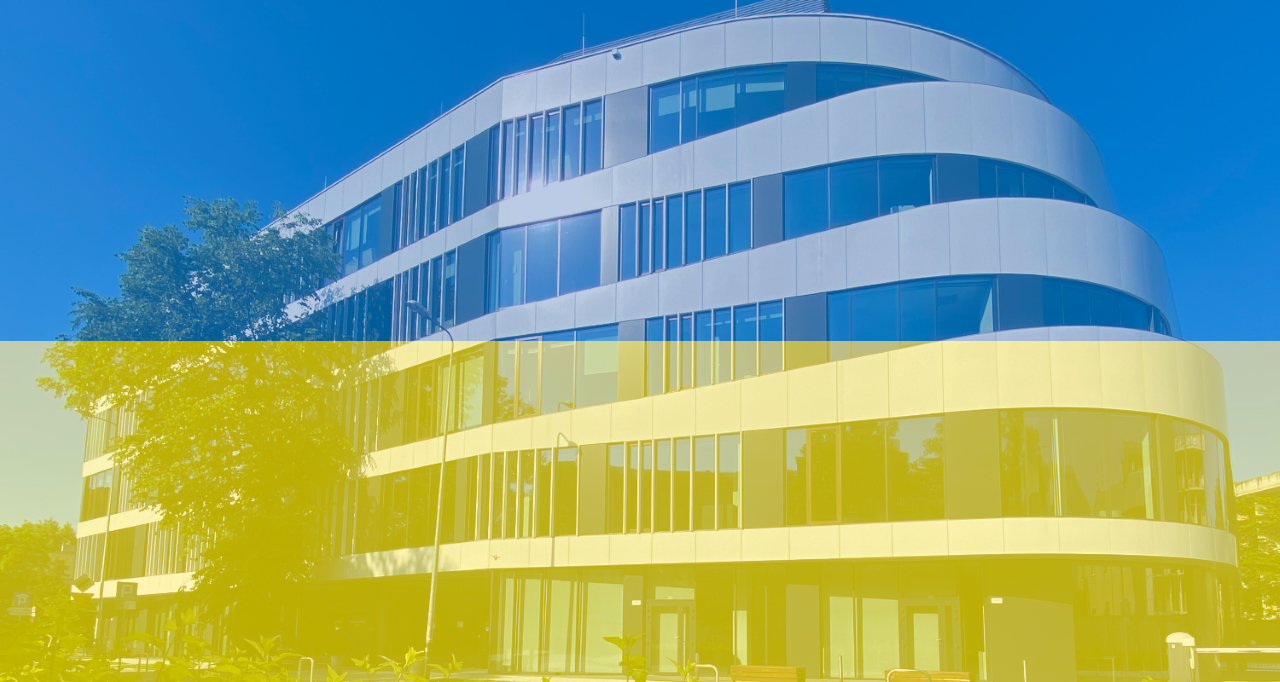POLONEZ BIS, OPUS and PRELUDIUM are three calls that start on 15 March. They will give foreign researchers a chance to carry out their projects in Poland, but will also be open to researchers of all levels from Polish research centres.
 POLONEZ BIS – for foreign researchers
POLONEZ BIS – for foreign researchers
POLONEZ BIS, coordinated by the Polish National Science Centre under Marie Skłodowska-Curie COFUND, is a postdoctoral Fellowship Programme intended for excellent, experienced researchers interested in developing their professional skills within the best research institutions in Poland.
The POLONEZ BIS programme is open to candidates of any research background, discipline or nationality. The programme plans to recruit 120 scientists with a PhD degree or equivalent research experience, and who have lived or worked outside Poland for at least 2 years within the last three years prior to the call announcement. Selected fellows will be offered 2-year full-time employment contracts to work on projects combining basic research with a cross-sectoral secondment phase.
Applicants are independent in choosing the research topic and discipline as well as the host institution in an academic or non-academic sector. The programme guarantees successful fellows attractive employment conditions – a monthly allowance of € 4,465 gross and an additional research grant up to € 100,000 for the implementation of a 2-year project.
The total budget of POLONEZ BIS 2 is PLN 55,000,000.
Full text of the call announcement
OPUS – for young and experienced researchers
OPUS 23 is targeted at researchers at any level and applicants are not required to hold a PhD degree.
To qualify as a principal investigator under an OPUS project, however, applicants need to demonstrate at least one published research paper (or one that has already been accepted for publication) or one achievement in art or art and research if they are working in an artistic or creative field. The project may employ senior researchers, PhD candidates, graduate students and postdoctoral fellows.
OPUS projects may be carried out with or without the cooperation of foreign partners.
The grant may go toward purchasing or generating research equipment, devices and software or carrying out research with the use of large international equipment. Projects may take 12, 24, 36, or 48 months. There is no upper budget limit for any single project and the total budget of OPUS 23 is set at PLN 400,000,000.
Detailed terms and conditions (to be published in English soon)
PRELUDIUM – for beginning researchers
PRELUDIUM 21 is targeted at researchers who do not hold a PhD degree. Its objective is to support individuals at the outset of an academic career, enabling them to purchase or create specialised equipment, devices and software worth up to 30% of the total budget of the project.
The research team under a PRELUDIUM project may be made up of max. three researchers, including the principal investigator and the research advisor.
Projects may take 12, 24, or 36 months and are eligible to receive grants of, respectively, PLN 70,000, PLN 140,000 or PLN 210,000; the total budget of PRELUDIUM 21 is set at PLN 30,000,000.
Detailed terms and conditions (to be published in English soon)
Application forms will be published in the OSF system at a later date. Proposals may be submitted until 4 pm on 15 June (CEST).




